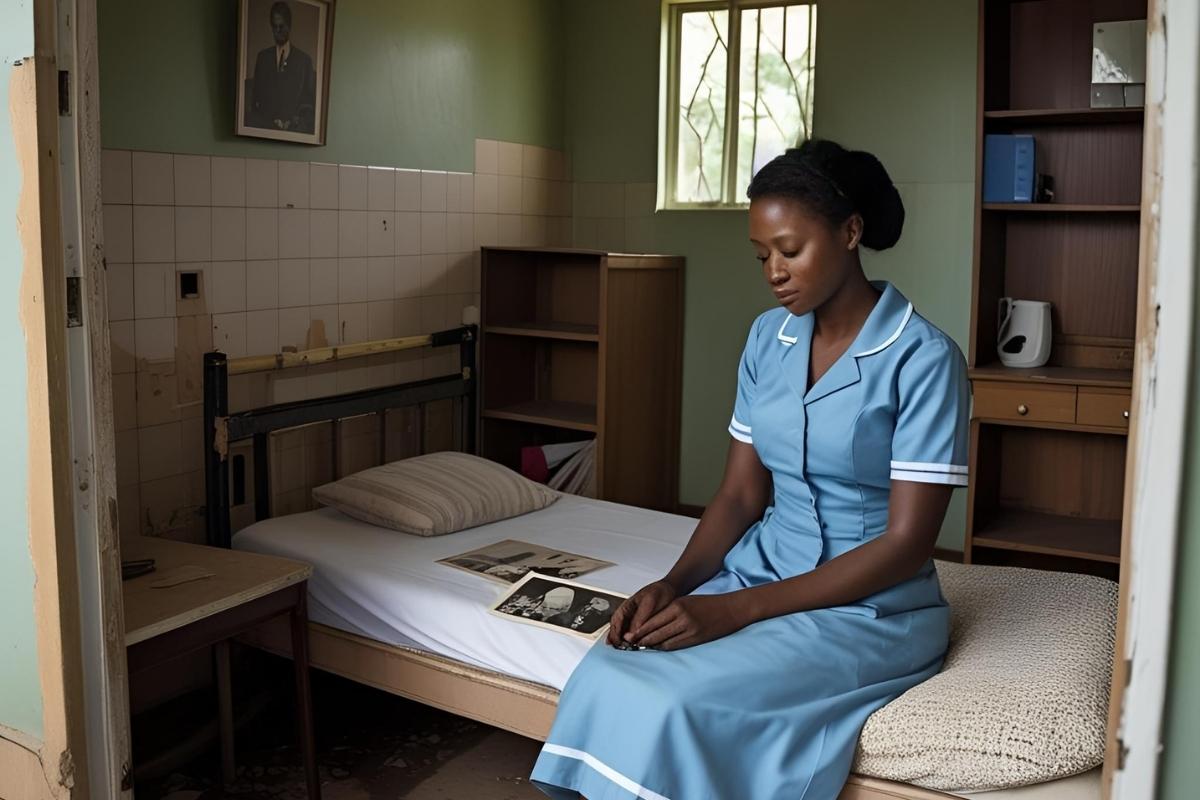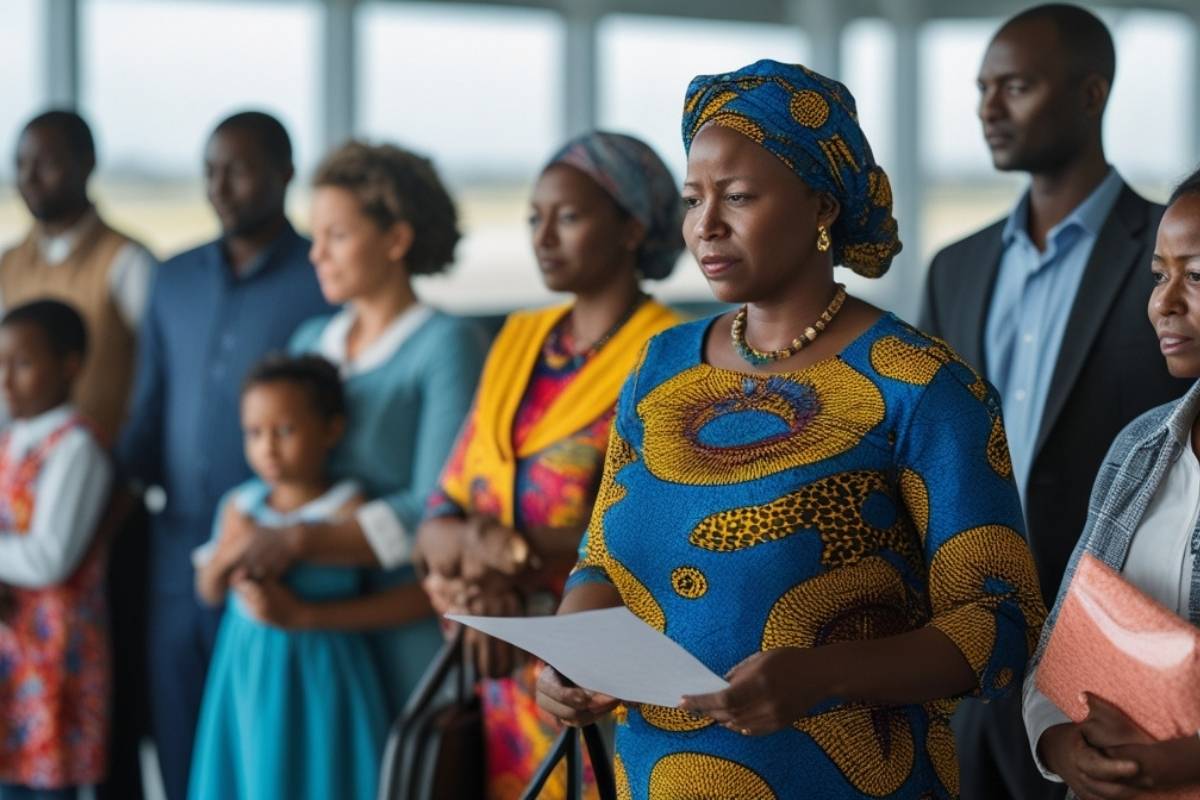– and What That Has to Do With Us
It’s not just a phenomenon, it’s a global tragedy: millions of mothers from Africa and South America leave their homelands to work in Europe – leaving their children behind. But why do they do this? And what does it mean for the children, for the women themselves, and ultimately for all of us?
The Intolerable Hardship Behind Migration
The numbers are alarming: almost half of all African migrants are women, and in Latin America, migration to Europe is highly feminized and often leads to permanent separation. Most of these women are not the poorest in their societies, but people for whom fate offers no prospects. They often already earn competitive wages at home – but it’s not enough to feed their families or give their children a better life.
Europe has consciously become a magnet for these women. Our aging continent urgently needs caregivers and domestic workers, and migrant women fill this gap. They work in private households, care for our children and seniors, while their own children grow up thousands of kilometers away.
Constant Fear and Exploitation
These mothers live in constant fear of not being able to provide for their loved ones, as they have dependents, such as children, living in another part of the world. The psychological burdens are enormous. Many of these women experience the harshest forms of labor exploitation, akin to slavery, servitude, and forced labor.
A study with 364,000 women found:
One third of respondents were either forced or asked to speak to no one. Some were not allowed to leave their workplace – or at least not without supervision. Four respondents reported that they had to ask their employers for permission to call their families. They are isolated, deprived of rights, often without adequate labor protection or social security. Many have to live in cramped, unhygienic accommodations, sometimes even sharing a bed with strangers’ children or family members, or sleeping on the floor. The fear of being discovered and deported keeps them from complaining or seeking help – especially if their stay is insecure.
The Children: Lost, Desperate, Hurt
The psychological consequences for the children left behind are profound and age-dependent:
Infants and toddlers (0-3 years): Developmental delays, attachment disorders, emotional problems. Cognitive development is often impaired, sometimes into adulthood.
Preschoolers (3-6 years): Regressive behaviors such as bedwetting, sleep disturbances, aggression. Socio-emotional developmental problems are common.
School-aged children (6-12 years): Depression, anxiety, loneliness, school problems, risky behaviors like substance abuse. Academic performance suffers greatly.
Adolescents (13-18 years): The highest prevalence of mental health issues: loneliness, anger, feeling misunderstood, fear, aggression, suicidal thoughts.

The Impossible Choice: Stay or Go?
Mothers face an impossible choice: stay where there is no future, or leave to send money home – while leaving their children behind. The hope for a “good man” in Europe who might help the family is an expression of a desperate survival strategy. But this hope is often deceptive. Many migrant women work under precarious conditions, without adequate labor protection or social security.
And even if they establish themselves in Europe, they often cannot bring their children over. Airlines do not allow children to board without the father’s permission – even if the father is missing or does not pay child support. The mothers are doubly punished: they leave their children to give them a better life, and still cannot reunite with them even if they want to.
A Global System of Exploitation
The migration of mothers is not an individual failure, but the result of a global economic system that relies on cheap labor and shifts the psychological and social costs onto the most vulnerable. The children left behind pay a high price: they lose their most important caregiver, their emotional security, and often their future opportunities.
What Can We Do?
As Guardians of the Earth, I urge: We must not stand by and do nothing! We must tackle the structural causes of this migration, strengthen the rights of migrant women, and above all, not forget the children. Every child who has to grow up without their mother is a reminder of the injustice in our world.
We must create the foundations for mothers and children to have a future in their home countries, so they don’t have to leave. Let’s support organizations like World Vision or Justdiggit, which work to restore habitats for families and create sustainable prospects. With every donation, every act of support, every conscious choice, we can make a difference.
Every contribution counts – let’s act together! Become guardians of the earth.
Help us to create livelihoods locally. Support World Vision, Justdiggit or other initiatives that give families a future in their home country. Because every child that is allowed to grow up with its mother is a sign of hope – and a step towards a fairer world.
Author: Francesco del Orbe



